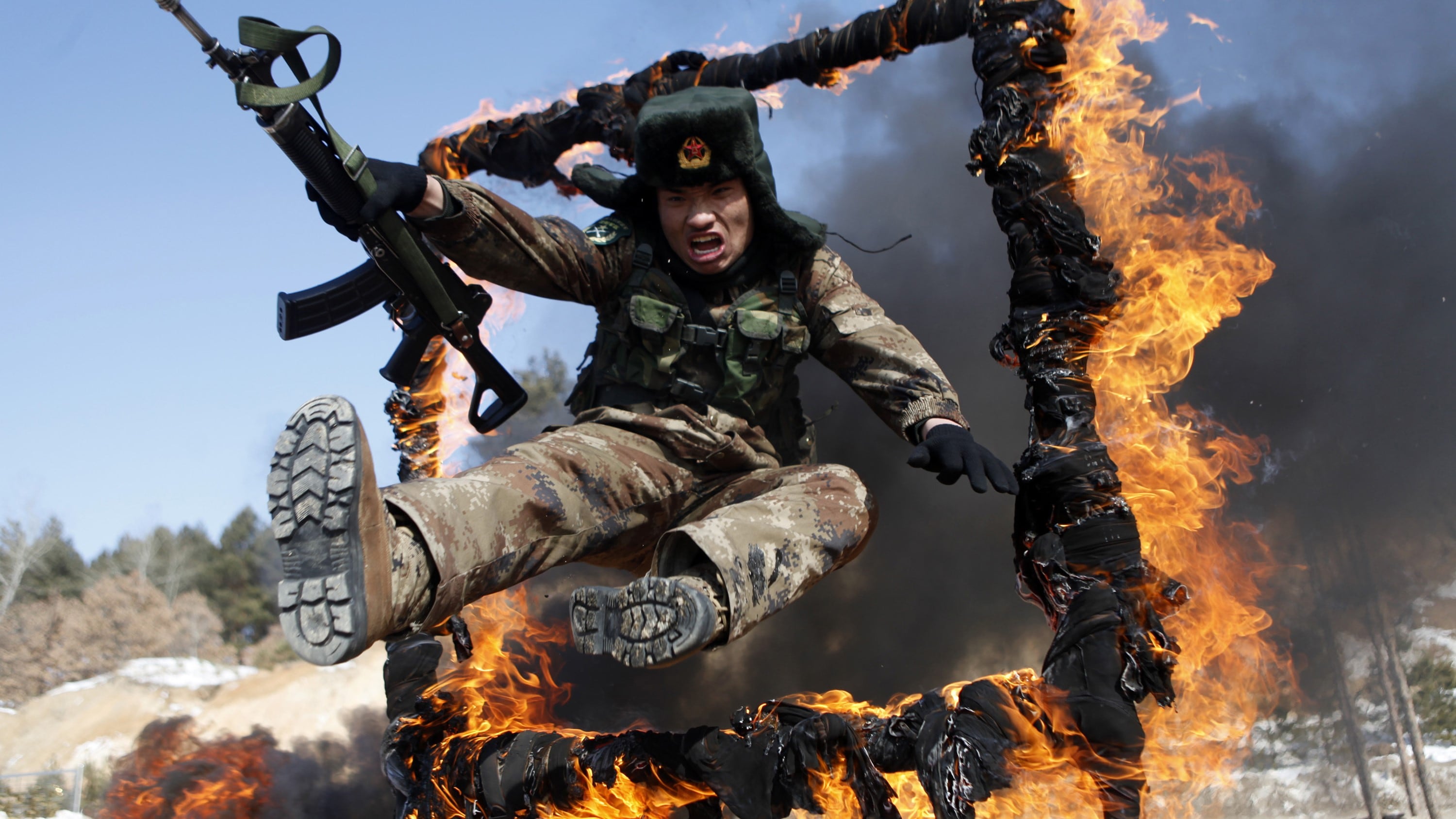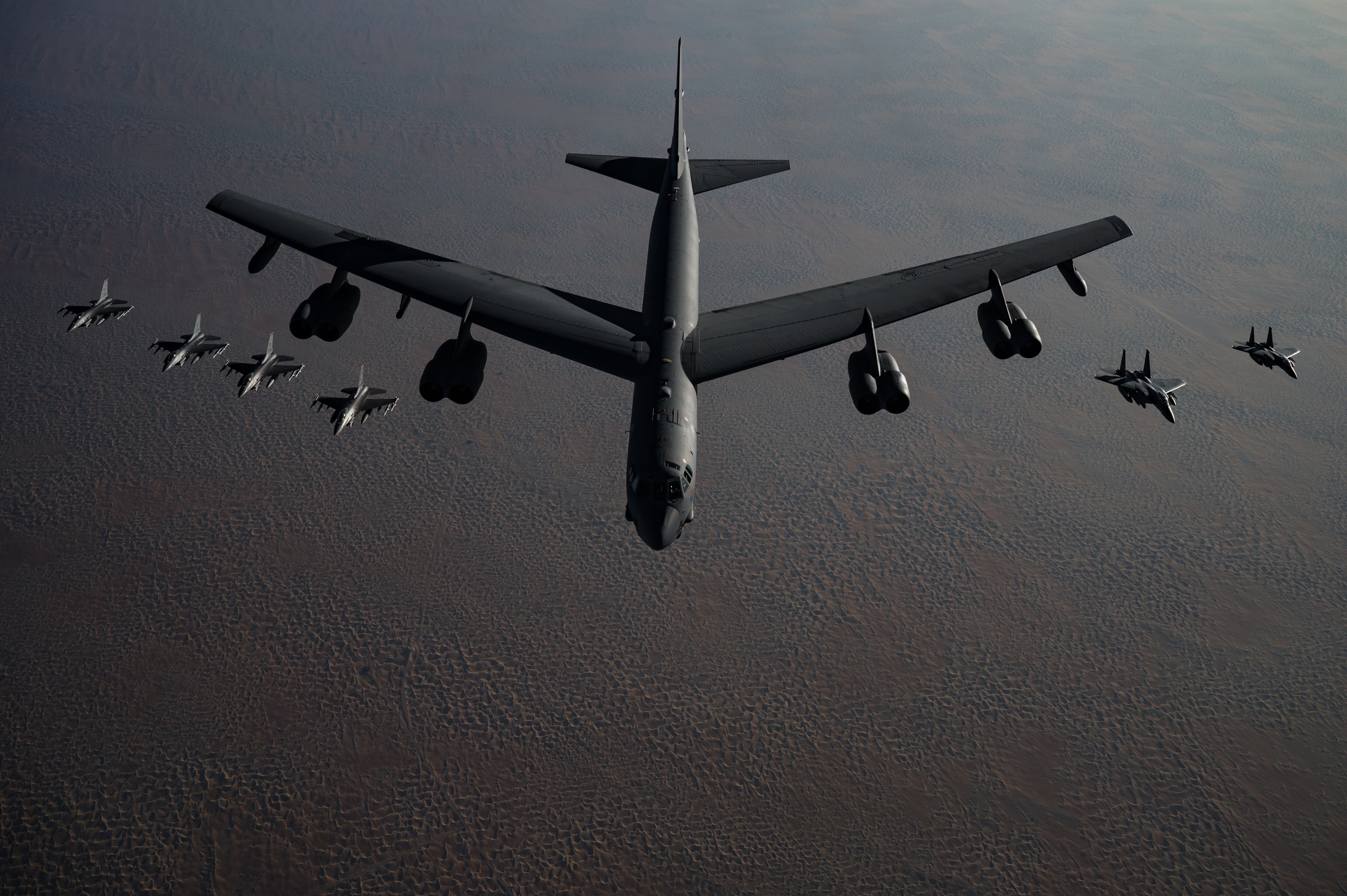Concerns over the tension across the Taiwan Strait have increased pointedly since the start of the Biden administration. Both current and prospective commanders of U.S. Indo-Pacific Command explicitly identified the increasing risk of Chinese seizure of the Republic of China — otherwise known as Taiwan, or the acronym ROC — and the flagging ability of U.S. conventional steps to provide deterrence against the People’s Republic of China, or PRC. They caution of an impending imbalance that favors the PRC — conditions conducive of Chinese President Xi Jinping’s policy to see China ascendant regardless of method.
Amid this shift, the events of the 2+2 meetings between the American secretary of state and the national security adviser with their PRC counterparts in Anchorage, Alaska, demonstrates the knock-on effects of the increasing perception that the United States is losing influence throughout the Indo-Pacific region.
Perceptions have a habit of becoming reality. While it may be tolerable to weather some verbal abuse from wolf warriors, it is unclear how long the strategic balance across the Indo-Pacific can withstand policy by the U.S. that has ceded positions in the South China Sea and failed freedom in Hong Kong. If the PRC has indeed lost respect for the U.S., how long until it has neither fear nor hesitation — the point at which deterrence fails?
The present moment is an inflection point. Arriving at its self-perceived window of opportunity for achieving global dominance, the PRC has simultaneously achieved parity with the United States in key aspects amid approaching depopulation, aging and the looming risk of a middle-income trap. The issue of subjugating Taiwan is fundamental to the Chinese Communist Party’s policy and the rhetoric that has built its people’s nationalist sentiment. Ironically, for a polity renowned for taking the long view, time is not presently on Xi’s side. At no time since the expulsion of the nationalist party Kuomintang from the mainland has there been as much incentive for action.
Ensuring the sovereignty of Taiwan is now the central imperative for U.S. policy in the Indo-Pacific, not only as a moral obligation prescribed in the Taiwan Relations Act and inherent in the preservation of freedom for a nation of 23.8 million, but also as a practical matter.
Should the U.S. fail to prevent a PRC consumption of the ROC, there might be no recovery of U.S. credibility. Friend and foe alike would be compelled to view the U.S. as impotent, undermining relationships, whether cooperative or contentious.
Damage of this type to core U.S. interests is unsustainable. The current U.S. strategy is married to effective coalitions as a means of deterrence. With U.S. security guarantees in doubt, traditional alliances in Europe would be challenged, and potential alliances like “The Quad” — which includes the U.S., Australia, India and Japan — would question cohering around U.S. leadership.
RELATED

Most concerning, the United States’ bilateral relationships in the Indo-Pacific, upon which its entire security scheme depends, would be at risk as allies wonder if security agreements with the U,S, are prudent or justified.
In response, to enhance deterrence, the U.S. should consider clear steps to eliminate ambiguity and demonstrate its ability and willingness to confront the PRC and impose costs in defense of Taiwan. First, the U.S. should bolster support of the ROC government’s Overall Defense Concept scheme to rely on affordable and ubiquitous anti-air and anti-ship missiles (critical to defense of a cross-strait invasion) through increased foreign military sales and cooperative research and development.
Second, the U.S. could formally oppose the “One China” policy, recognizing the ROC as a sovereign nation in concert with other allies — as many as possible. The Biden administration’s call for Taiwan’s participation in the World Health Assembly is an encouraging step; further integration into the international community changes the stakes unfavorably for the PRC, tying Taiwan to the preservation of the rules-based order. Such recognition should be preceded with increased diplomatic engagement by the United States.
Following on the heels of the unofficial visit by former Sen. Chris Dodd, the Biden administration could reinforce the “mutual commitment to democratic values and a critically important security partnership” in elevating the stature of its envoys while encouraging similarity from key regional allies Australia, Japan and India, which already benefit from significant informal and economic relationships with the island nation.
RELATED

Third, consider replacement of the Taiwan Relations Act with a bilateral security agreement extending Article 5 privileges (collective security) and the U.S. nuclear umbrella to the ROC. Additionally, the deployment of tactical nuclear weapons in the Overall Defense Concept presents a dilemma for any cross-strait amphibious operation, and a viable second-strike capability serves the distinct purpose of deterring the necessary opening assault of long-range precision fires such an invasion requires.
Lastly, coincident to other engagements, formal military relationships should be fostered. Public meetings between senior military officials can serve as precursors to formal training. Ultimately, enhancing deterrence may require the presence of U.S. forces in Taiwan, minimally during the vulnerable periods of May through July and during October, and potentially on a continuous basis. This progression signals U.S. resolve and implements a “tripwire” to foster political support for a U.S. response to PRC aggression.
These steps are not without escalatory risk, but none as great as continuing the strategic ambiguity that is serving to invite misunderstanding and reduce, rather than enhance, deterrence. Taken promptly in whole, part or sequentially, the above can help ensure deterrence through this decade of concern. These steps buy time for the U.S. to modernize its force and regain a position of relative strength on the key issue of Taiwan’s security.
U.S. Marine Corps Lt. Col. Matthew R. Crouch is a graduate of the U.S. Naval Academy, the University of Maryland and Hong Kong University. He is a senior military fellow at the Atlantic Council, an Olmsted scholar, and a former resident of Shanghai, China, from 2009-2011. The views and opinions expressed here are those of the author and do not necessarily reflect the official policy or position of the Marine Corps, Defense Department, any agency of the U.S. government, the Atlantic Council or other organizations.








